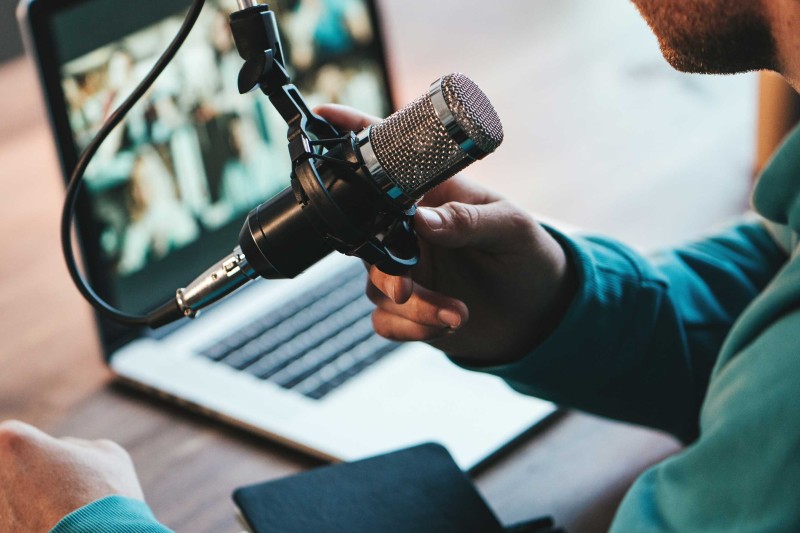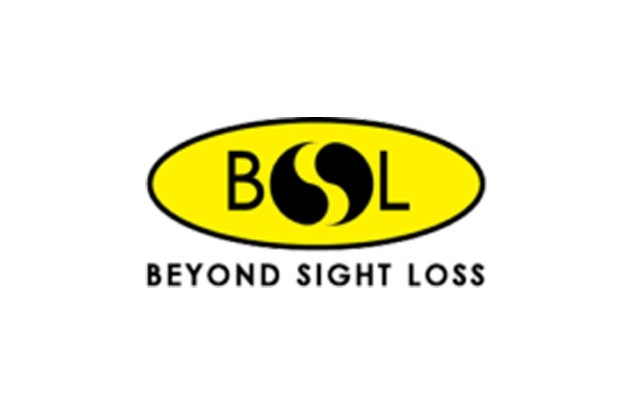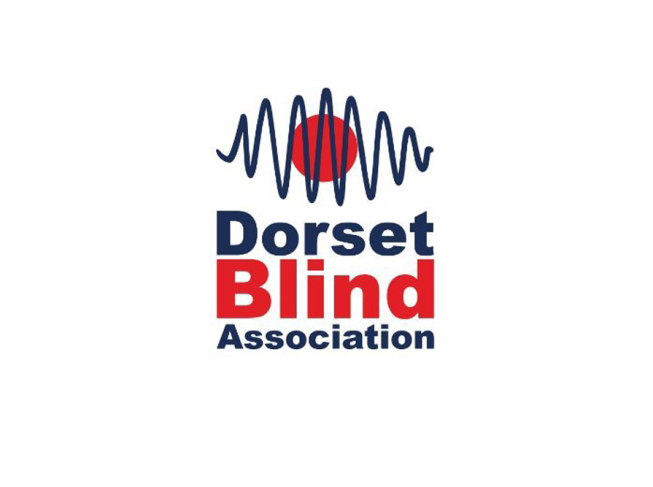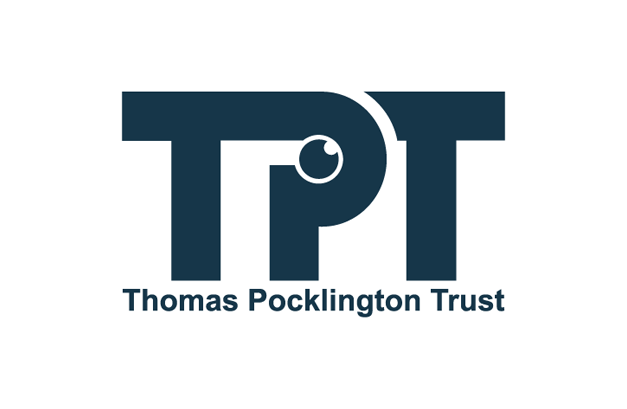The lives of blind people have been negatively affected by social exclusion, as well as the sensory challenges of having impaired vision. This project explores the engagement with digital media for improving physical, psychological, social and economic wellbeing in the visually impaired community.
The project has partnered up with two sight loss service providers, Beyond Sight Loss and Dorset Blind Association, to develop a model for engaging blind and partially sighted people with media, empowering them to improve their wellbeing and resist social exclusion.
In the spirit of “Nothing about us without us” (Charlton, 1998), our methodology centres on participatory research, through which our two partners are major stakeholders and co-creators in the research process.
The project maps the challenges and opportunities of implementing media engagement initiatives in the sight loss community, taking into account how the intersection of multiple social identities (e.g. disability, gender, age, ethnicity and religion) affect lived experiences and frame media engagement interventions.
The project first evaluates the opportunities and obstacles of media engagement for physical, psychological, social and economic wellbeing in the sight loss community.
It will then deliver workshops on media creation, consumption and critique, followed by studying the short-term impact of media engagement on the participants.



